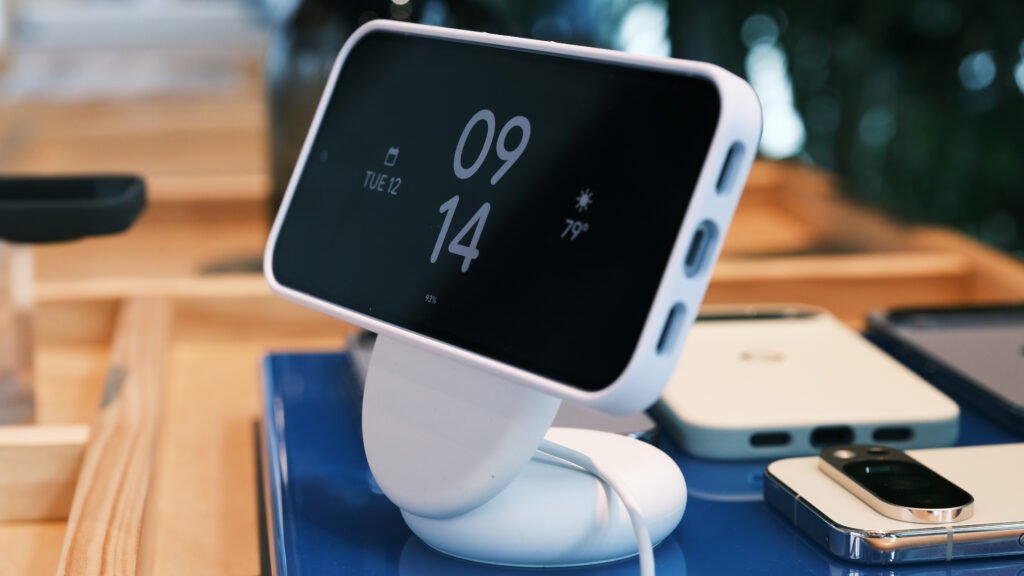
The Russian government will soon require Apple and other device manufacturers to pre-install certain messaging and television apps on their mobile devices.
Starting next month, new smartphones and tablets offered for sale in the country will be required to pre-install a WhatsApp competitor called Max when the devices are activated for the first time. In January, phones, tablets and smart TVs will also be required to pre-install a TV app called Lime HD, which offers free streaming access to government-run channels.
The order affects phones and tablets running Apple’s iOS operating system, as well as those operating on Android and competing systems. Additionally, Apple’s iPhone and iPad devices will be required to offer access to RuStore, a government-backed software marketplace. Currently, only Android devices are required to bundle with RuStore.
It wasn’t clear if Apple was aware of the order or had intentions to follow it. An Apple spokesperson has not yet returned an after-hours message seeking comment on the matter.
Privacy advocates have expressed concerns over the installation of Max, saying it has shaky privacy protections and could allow the Russian government to surveil its citizens in real-time. (The Max messaging app is different from HBO Max, a streaming app operated by Warner Bros Discovery that was called Max until last month.)
The Russian government appears to be motivated by the prominence of WhatsApp and a similar messaging service called Telegram, which are widely used in the country now. Both apps have stronger privacy protections, including end-to-end encryption that makes it difficult, if not impossible, for third parties to intercept messages.
Max is backed by VKontakte (VK), a social media platform primarily used by Russian-language speakers that operate similar to Facebook. The app launched earlier this year, and counts more than 18 million monthly active users, according to figures provided by the company.
Russian government officials say Max is generally safer than apps distributed by foreign companies, though the arrest of a person earlier this year on allegations of fraud call into question whether its privacy claims are legitimate.







